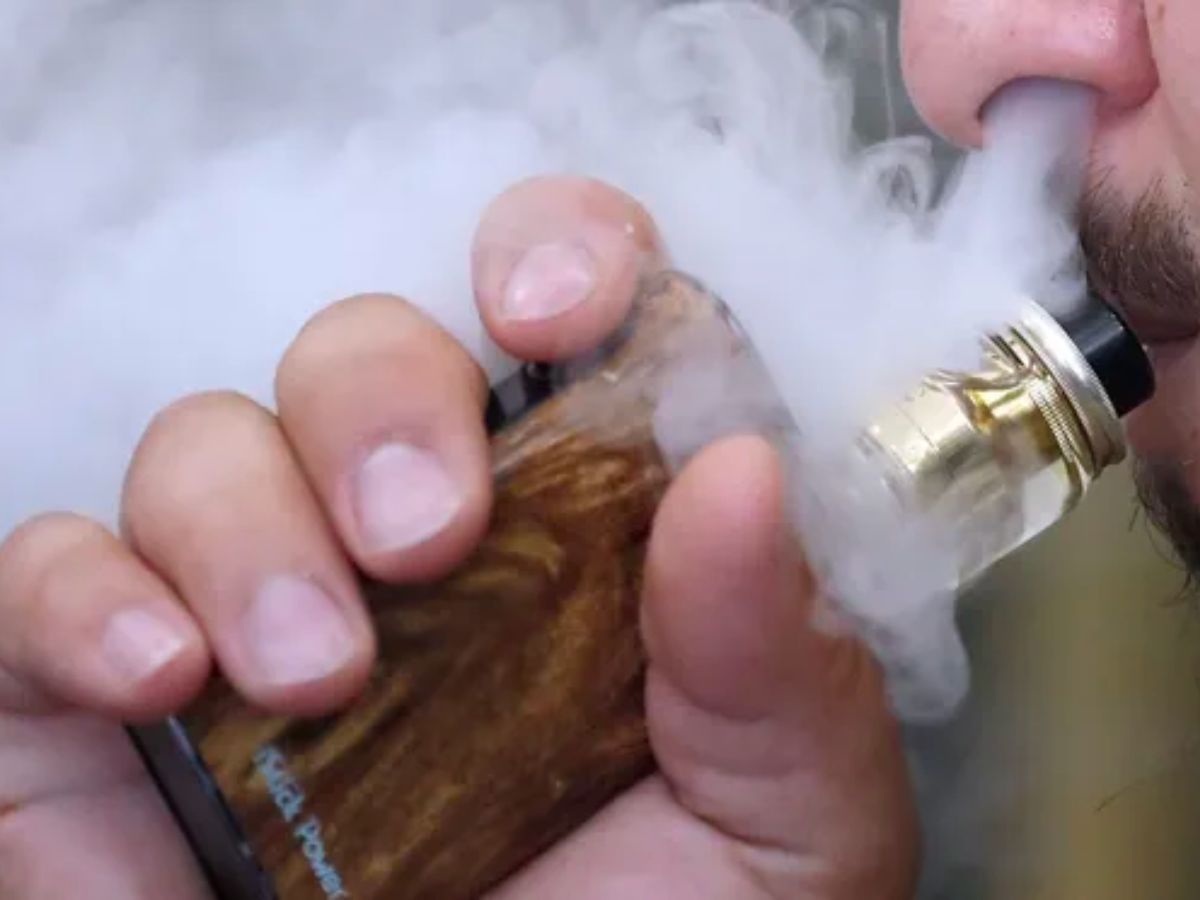COLUMBUS, Ohio – Even though the governor vetoed it twice, a law that stops local governments from enforcing laws against flavored tobacco will soon go into action.
As a result of the law, cities and towns will no longer be able to police tobacco laws that are stricter than those set by the states. For example, cities like Columbus that ban flavored tobacco will no longer be able to do so once the law goes into effect. The law will become law on April 24, 89 days from now.
Gov. Mike DeWine (R-Ohio) said, “It’s a big win for big tobacco.” “They’ve pushed for this and been all over it; they want it.” There will be pain for the children.
“Having different rules for different kinds of products is not the right way to do it,” said Rick Carfagna, Senior Vice President at the Ohio Chamber of Commerce. “We backed “Tobacco 21,” and we believe in strict enforcement.”
“Tobacco 21” is a statewide law that made 21 the legal age to buy tobacco goods. The governor’s office said that this new rule won’t change anything about Tobacco 21. It will still be up to local governments to enforce it.
But a spokesman for the Columbus City Attorney said that’s not entirely accurate based on how they see the law. They said that the city has a licensing system for people who sell tobacco, and that buyers must get a license. It is possible for the city to fine them or even take away their license to sell tobacco products if they break any city laws about selling tobacco products.
Read more: There are health benefits to blood donation. And this is the reason.
Someone from the city attorney’s office said, “If this override is allowed to stand, this system would also go away.” “CPH wouldn’t be able to do compliance checks to make sure sellers aren’t selling to people younger than 21.” Instead, these crimes would have to be enforced by the CPD or the police, who would then file a minor charge.
Carfagna said that telling stores not to sell certain things won’t help kids and will actually hurt them.
“Apple stores could lose tens of thousands of dollars in sales,” he said. “That means we have to make tens of thousands of dollars in sales to make up for those kinds of losses.”
One out of every five kids in Ohio vapes, DeWine said. His number of middle school students who vape daily rose to 9%, and it rose to 20% for high school students.
Source: nbc4i




